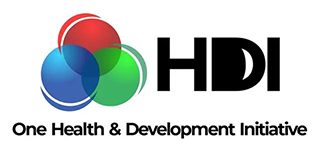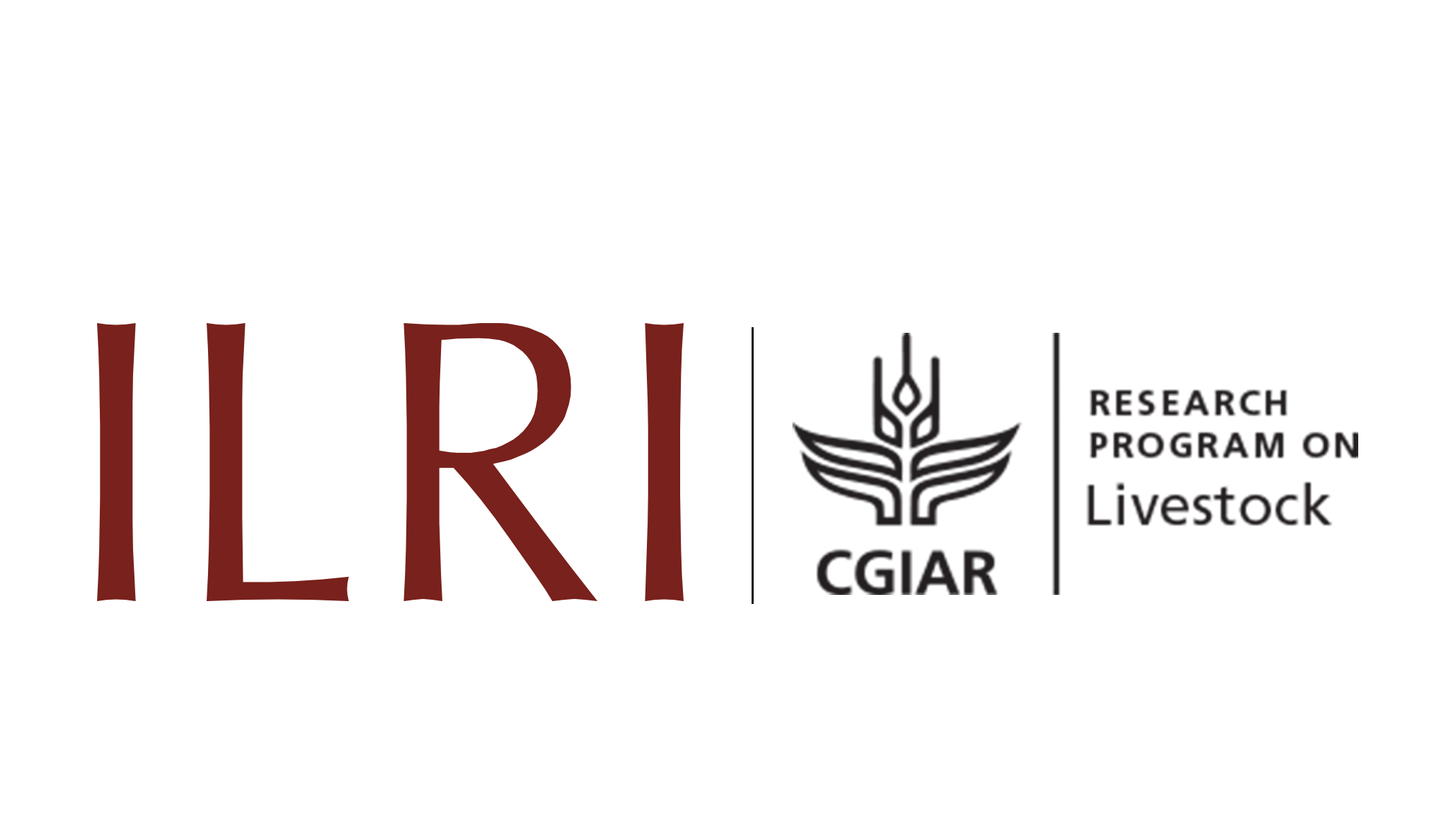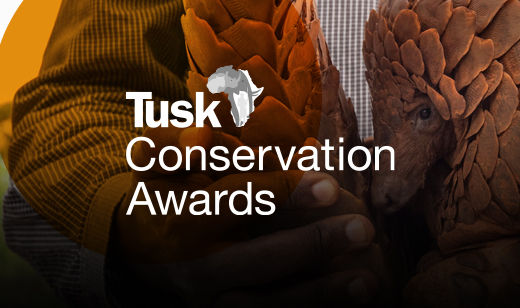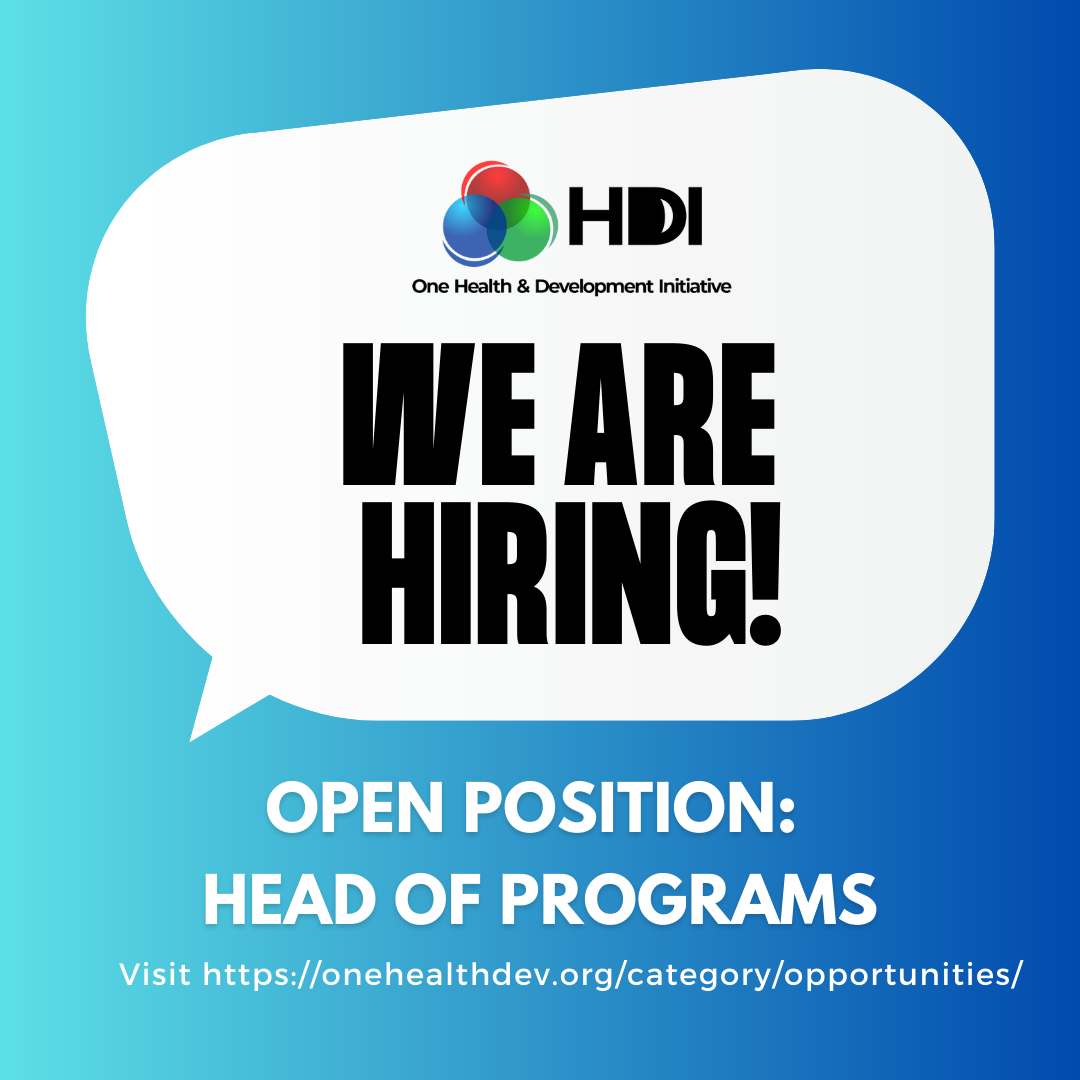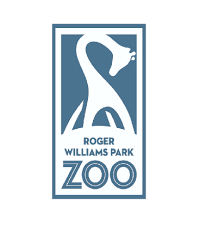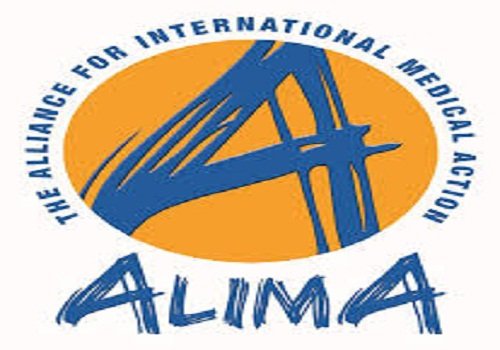The One Health Research, Education and Outreach Centre in Africa (OHRECA) at the International Livestock Research Institute (ILRI) seeks to improve the health of humans, animals and ecosystems through capacity development, strengthening of local, regional and global networks and provision of evidence-based policy advice on One Health in sub-Saharan Africa. The center has four thematic areas which include control of neglected tropical zoonotic diseases, emerging infectious diseases, food safety and informal markets, and prevention and control of antimicrobial resistance.
Global awareness of zoonotic disease emergence and the risks these pose both to human health and our global economy has been growing steadily over the last two decades and has been thrown into sharp relief by the COVID-19 pandemic. The concept of One Health, by which collaborative structures are formed across the human, animal and ecosystem health sectors, has been widely adopted by the international community and is integral to the Global Health Security Agenda (GHSA). Technical agencies of the United Nations, most notably the WHO and FAO together with the OIE (the tripartite) are working together to strengthen One Health working at the international level, such as through the Global Early Warning & Response System (GLEWS) and through support for the development of national networks.
The Center for Epidemiological Modelling and Analysis (CEMA) at the University of Nairobi brings together a multidisciplinary consortium including epidemiologists, mathematical modellers, statisticians, clinicians and data scientists using data-driven approaches to control infectious diseases in humans and animals to protect and improve health in Kenya and the region. CEMA supports the Ministry of Health (MOH) and Directorate of Veterinary Services (DVS) in better predicting, detecting and responding to disease events.
Project title: Development of data management & analysis pipeline for integrated surveillance of endemic and emerging zoonoses in Kenya.
Responsibilities:
- Creating a data pipeline for simultaneous analysis of human and animal health and population data with real-time feedback to MoH, DVS, ZDU and county partners
- Utilising epidemiological modelling techniques to identify hot spots for potential zoonotic disease emergence/re-emergence
- Undertaking participatory research with surveillance stakeholders across different sectors and at national and county level to determine barriers to participation with an integrated data pipeline and design interventions to improve data submission and response
- Utilizing guidelines and protocols from the WHO, FAO & OIE to evaluate the impact of the data pipeline on the performance of surveillance in the country.
- Utilizing data streams to integrate with the Global Burden of Animal Diseases programme (BMGF funded) to create disaggregated animal health loss envelopes for Kenya
Eligibility
- Masters degree (MSc, MPH, MMED, or equivalent)
- Bachelor of Veterinary Medicine and Surgery degree
- Ability to write and speak English
- Previous experience of undertaking research
- Experience in public health, surveillance, epidemiology, economics
- Good understanding of national and county level legislation guiding the operation of surveillance systems.
- Ability to work for weeks/months in developing countries
- Experience working with the Kenya Directorate of Veterinary Services surveillance, diagnostics and epidemiology departments or the Ministry of Health Disease Surveillance and Response Unit.
African nationals are encouraged to apply
Application deadline February 15, 2021
